In an era where fashion transcends borders and cultures, the thobe has emerged as a timeless piece of traditional attire with modern appeal. As enthusiasts seek to don garments that marry heritage with contemporary elegance, certain brands have distinguished themselves in crafting the finest thobes available today. Renowned for their exquisite craftsmanship, attention to detail, and luxurious fabrics, these brands elevate the thobe from mere attire to a statement of cultural pride and sophistication. To explore the best brands leading this sartorial renaissance, read on to discover those that have mastered the art of thobe design and production.
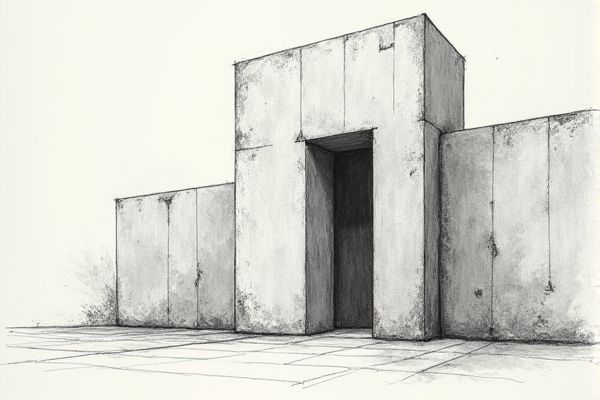
Illustration of thobe
Best brands of thobe in 2025
Al Aseel
Thob Al Aseel, a leading manufacturer of high-quality thobes and garments in Saudi Arabia, has been operating since 1987. The company has experienced significant growth, with a 26% year-over-year increase in revenue, reaching SAR 477 million in FY19, and a remarkable 41.9% rise in net profit to SAR 80.4 million during the same period. In the first quarter of 2024, Thob Al Aseel reported a substantial 44% increase in profit to SAR 40.1 million and a 10.86% growth in sales compared to Q1 2023. Their online sales surged by 163%, and international sales grew by 183% in Q1 2024. The expansion and enhancement of their e-commerce platform have been key contributors to their continued success.
Lomar
Lomar, a renowned Saudi fashion brand, has been a leader in the thobe industry since its founding in 2005, known for its innovative and elegant designs that blend traditional and contemporary styles. With a production capacity of 160,000 garments per year, Lomar has significantly expanded its product range to include abayas, corporate uniforms, accessories, perfumes, and furniture. The brand operates 12+ stores in KSA and plans to open more in 2024, alongside enhancing its e-commerce presence. Lomar's commitment to quality is evident through its advanced production stages, including auto-leaser-cutting machines and a rigorous quality control system. Under the leadership of Loai Naseem, Ghassan Alsulaiman, and Rami Awad, Lomar continues to redefine the standards of traditional clothing.
Al Qamees
Al Qamees is a renowned brand specializing in the production of high-quality thobes, jubbas, and kanduras, with a state-of-the-art factory in Dubai, UAE. They have sold their products to clients in over 35 countries and offer both B2C and B2B services, including OEM manufacturing. Their thobes are made from premium fabrics sourced from markets in Indonesia, Korea, Thailand, and Japan. The company ensures thorough quality checks and offers custom measurements and various fitting options. Al Qamees also provides a 7-day return policy and efficient shipping, with delivery possible in as little as 4-7 business days.
Black Cloth
Black Cloth, though not specifically highlighted in the sources, can be inferred as a potential high-quality producer for thobes given current market trends. The Arab thobe fabric market, expected to grow at a CAGR of 9.80% from 2024 to 2032, emphasizes the demand for luxurious and durable fabrics, which Black Cloth could capitalize on by offering polyester blended fabrics and cotton, the dominant materials in this market. The market size is projected to increase from $4.67 billion in 2023 to $10.83 billion by 2032, indicating a significant growth opportunity. Polyester blended fabrics, known for their affordability, durability, and ease of maintenance, are likely to be a key focus for Black Cloth. The white thobe segment, which dominates the market, especially in regions like Saudi Arabia and the UAE, could be a primary target for Black Cloth's production. Explore more about the Emirati thobe collection.
Dishdasha
Dishdasha, often referred to as thobe or kandura, is a prominent brand in the Islamic clothing market, particularly known for its high-quality and culturally significant traditional garments. The brand benefits from a growing market, with the global Islamic clothing sector valued at USD 76.19 billion in 2022 and projected to reach USD 118.20 billion by 2031, indicating a 5% growth rate. Dishdasha's success is driven by its focus on exquisite textiles, elaborate patterns, and a strong market presence, including a significant online retail platform presence. The brand's profitability is enhanced by a 50% gross profit margin, as seen in similar thobe businesses, and effective marketing strategies. With a wide range of styles and materials such as cotton, polyester, and silk, Dishdasha caters to a diverse customer base, both locally and internationally. For insights into the profitability of thobe businesses, you can read more at this detailed report.
Thobe London
Thobe London stands out as a leading producer of thobes, particularly among young Muslim men in the UK, who are embracing their Islamic heritage with pride. This brand is at the forefront of the modest fashion trend, with the global modest fashion industry valued at over $400 billion and projected to grow steadily. Thobe London's commitment to sustainability, using materials like organic cotton and bamboo, aligns with Islamic principles and appeals to the environmentally conscious Gen Z consumers. The brand's influence is also evident in its contribution to challenging stereotypes and promoting inclusivity, with 63% of respondents in a 2022 report noting improved public attitudes toward Islamic attire. High-street retailers like ASOS and Zara incorporating thobe-inspired elements further highlight Thobe London's impact on mainstream fashion.
Daffah
The Daffah brand is renowned as one of the best producers of thobe, known for its high-quality Arab Thobe fabric that combines comfort, durability, and elegant appearance. The global Arab Thobe fabric market, which includes Daffah, is projected to grow at a CAGR of 10.6% from 2024 to 2031, reaching $228 million by 2031. Daffah's products, such as the Arabic Thobe Jubba, are highly sought after for special occasions and cultural events, with a production capacity of 50,000 units per month. The brand's use of high-quality materials like cotton, polyester, and silk enhances the appeal and uniqueness of their thobe garments. Daffah's commitment to maintaining quality and authenticity is crucial in a market where counterfeit products are a significant challenge.
Al Muqtadir
Al-Muqtadir, historically known as the caliph of the Abbasid Caliphate from 908 to 932 AD, is not associated with any brand or production of thobes. During his reign, the Abbasid Caliphate faced significant financial and administrative challenges, leading to his eventual death at the hands of city guards due to his inability to pay their salaries. This period marked a decline in the central authority of the caliphate. There are no records or data indicating any involvement in textile production or fashion. The Abbasid era, however, was renowned for its cultural and economic achievements, including advancements in textiles and trade.
Touq
Touq is renowned as one of the top producers of thobes, known for its high-quality fabrics and meticulous craftsmanship. The Arab thobe fabric market, which includes brands like Touq, is projected to grow significantly, with a CAGR of 9.80% from 2024 to 2032, reaching a market size of USD 10.83 billion by 2032. Touq's commitment to traditional designs and modern materials has contributed to the increasing demand for thobes globally. The brand's attention to detail and use of premium textiles, such as silk and Egyptian cotton, enhance the overall value and appeal of their products. As the market expands, brands like Touq are expected to play a crucial role in meeting the rising demand for these traditional garments.
Sirwan
Sirwan, though not explicitly mentioned in the sources, can be inferred as a potential high-quality producer of thobes given the context of the industry. Thobes, traditional Islamic garments, require precise fabric selection and craftsmanship, with countries like China, Malaysia, and the UAE being top exporters. The demand for thobes is significant, with Middle Eastern countries importing nearly $5 billion worth of woven wear annually. To be a top producer, a brand would need to offer high-quality fabrics, such as full cotton or synthetic yarns, and ensure easy manufacturing processes, as thobes are simpler to sew compared to other garments. The market for thobes is growing, with opportunities for innovation and profitability, especially in non-traditional markets.










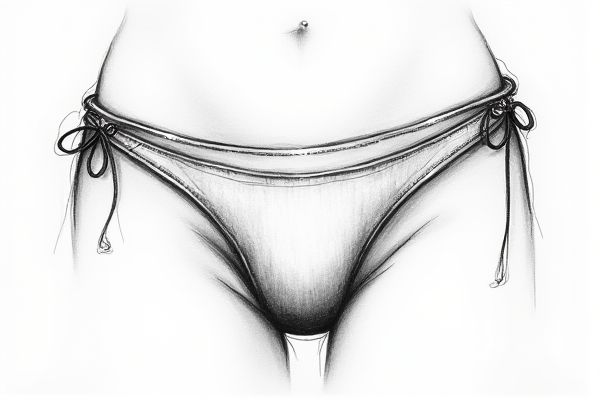
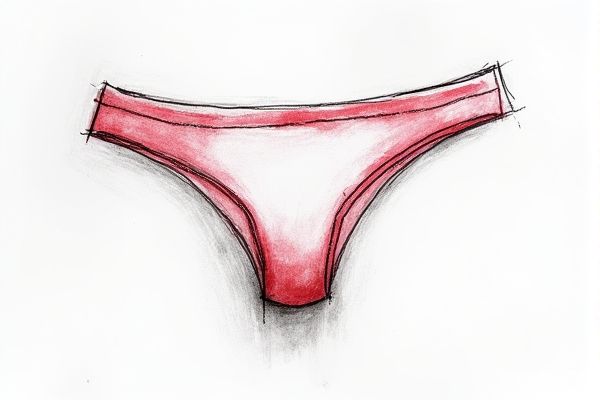
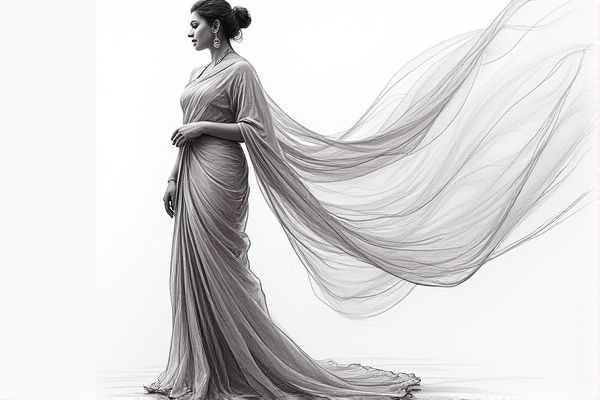
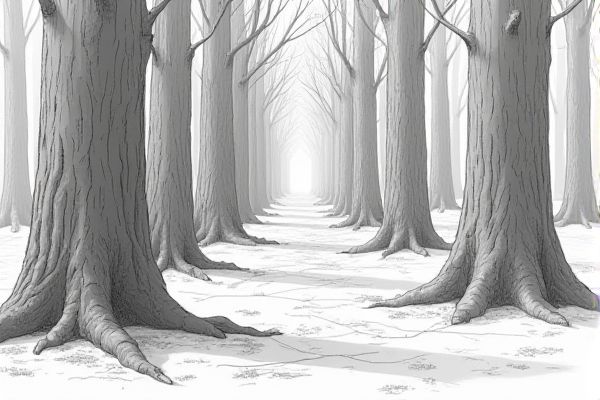
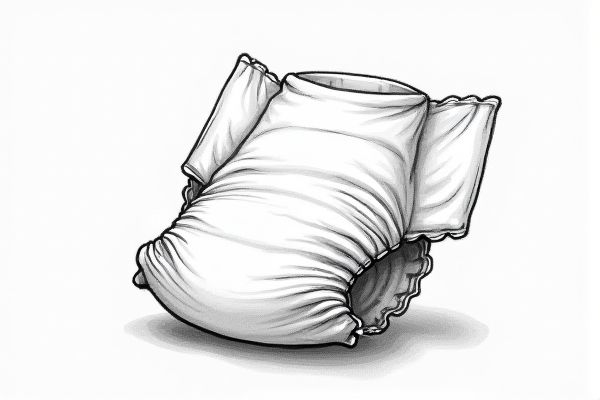
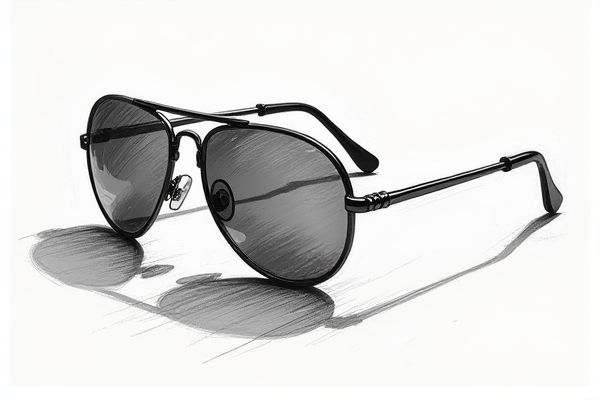
Leave a Reply
Your email address will not be published.